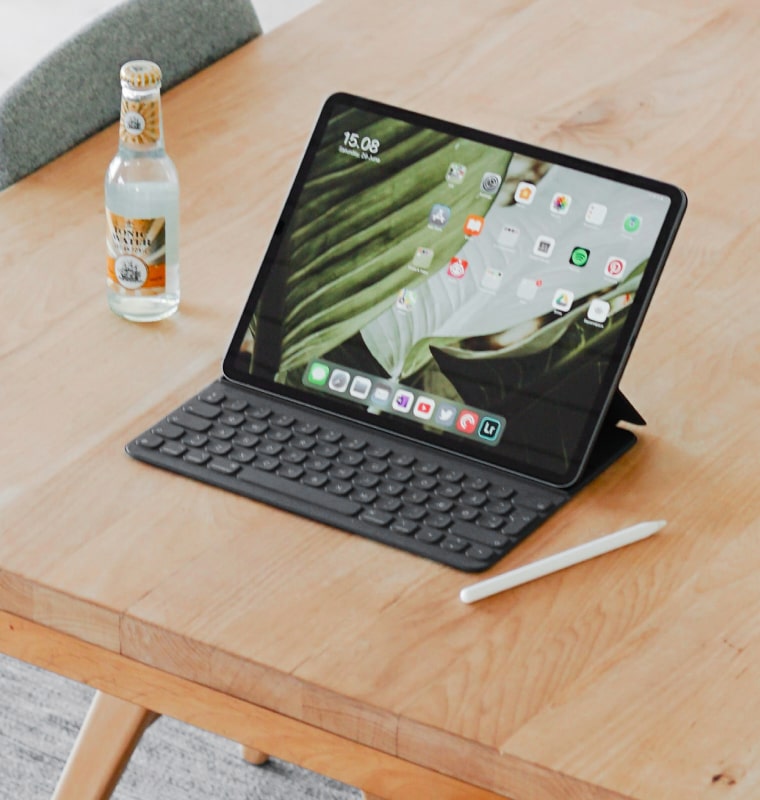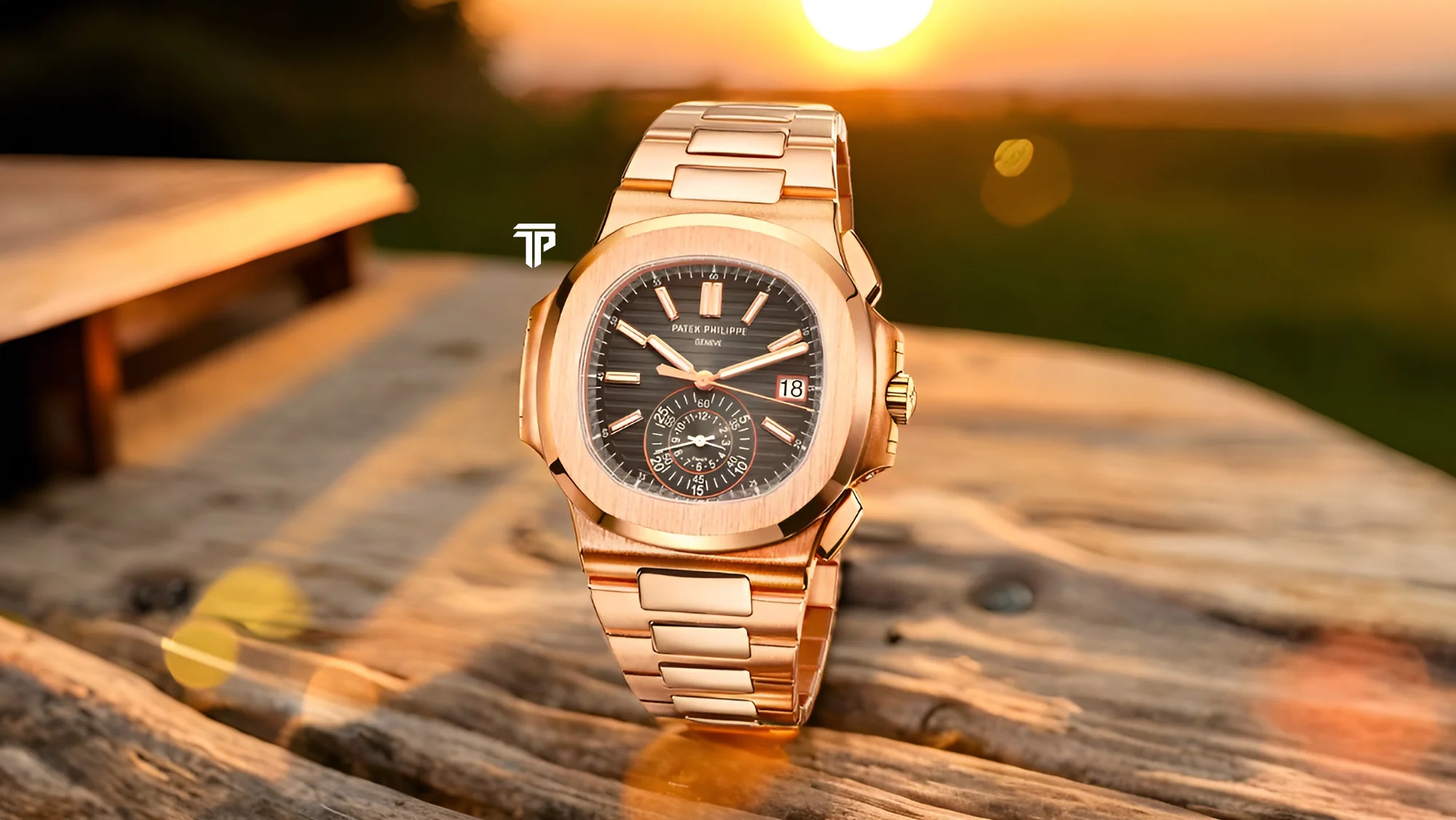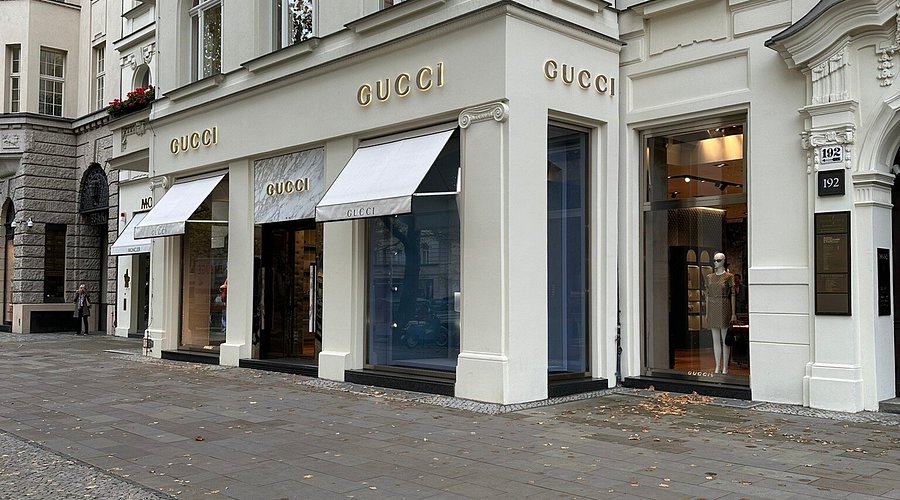Wealthy Entrepreneurs Fund Personal Space Habitats as Office Alternatives
By
Sophie Moore
Last updated:
September 29, 2025
First Published:
September 29, 2025
.webp)
Photo: Bloomberg.com
The rise of orbital ambition
Entrepreneurs with immense fortunes are no longer content with corner offices overlooking iconic city skylines. Instead, a new vision is unfolding where workspaces are being designed hundreds of miles above the Earth. Personal space habitats are emerging as the latest frontier for those who want to blend business with the extraordinary, turning orbital living into an extension of their daily routine.
Beyond luxury and into practicality
While the idea may sound like a science fiction fantasy, it is steadily becoming a practical venture. Private aerospace companies are offering modular habitats designed to function as both living and working quarters. For high profile entrepreneurs, these orbital environments provide more than novelty. They offer unmatched privacy, security, and the ultimate separation from the chaos of life on Earth.
A solution for global distractions
In an interconnected world where constant notifications, paparazzi, and public appearances weigh heavily on the elite, space habitats provide a rare sanctuary. Executives are finding comfort in the idea that their most important strategic discussions or creative brainstorming sessions can happen without interference, shielded from Earthly distractions.
The business ecosystem in orbit
These personal habitats are not only solitary retreats. Many are being designed with secure communication systems that allow seamless interaction with teams on Earth. This creates a hybrid ecosystem where an entrepreneur can oversee operations, hold global meetings, and still enjoy the silence of space. The concept transforms orbit into an exclusive extension of the office environment, accessible only to those with the means to fund it.
A new dimension of status
Historically, wealth has been displayed through art collections, yachts, and private islands. Now, entrepreneurs are competing to outpace each other in space investment. Owning or leasing a personal orbital habitat is not simply about functionality, it is a status marker that communicates vision, power, and forward thinking. It reflects not just success, but a belief in shaping the future itself.
Lifestyle comforts beyond Earth
The habitats themselves are designed with surprising attention to luxury. Interiors feature custom lighting that simulates natural Earth cycles, private viewing domes overlooking continents, and even exercise modules for health maintenance. Dining experiences are curated with menus designed to work in zero gravity conditions. The message is clear — comfort and elegance will follow the wealthy even into orbit.
The sustainability narrative
Critics often question the environmental impact of repeated space launches. To address this, entrepreneurs funding these habitats are pushing for sustainable solutions, such as reusable rockets and renewable life support systems within the modules. Framing orbital offices as part of humanity’s next stage in evolution allows the wealthy to link personal ambition with broader progress, softening concerns of excess.
Global competition among the elite
This movement is not confined to one region. In the United States, tech moguls are collaborating with private aerospace firms to build prototypes. In Asia and the Middle East, wealthy investors are announcing partnerships that aim to transform orbital habitats into hubs for both personal use and international collaboration. A new competitive space race has begun, fueled not by nations, but by individual fortunes.
The ripple effect on industries
Personal space habitats are spurring innovation in aerospace engineering, telecommunications, and even hospitality. Companies that once designed luxury hotels are now advising on interior layouts for orbital living. Engineers are crafting compact solutions for air, water, and energy recycling, while investors are seeing opportunities in related technology patents. The ripple reaches far beyond the billionaires themselves.
The vision of tomorrow
For now, space habitats remain a privilege of the ultra-wealthy, but they signal what the future of wealth and lifestyle may look like. The idea of an office orbiting above the Earth was unimaginable just a few decades ago, yet it is becoming a reality shaped by entrepreneurial ambition. In time, today’s experiments may lay the foundation for orbital communities where living and working in space is no longer unusual but aspirational.
Subscribe to unlock premium content
Sed at tellus, pharetra lacus, aenean risus non nisl ultricies commodo diam aliquet arcu enim eu leo porttitor habitasse adipiscing porttitor varius ultricies facilisis viverra lacus neque.
A comprehensive guide on Agile development

10 Productivity tools that are worth checking out

Top 7 Must have management tools for productivity

A comprehensive guide on Agile development

10 Productivity tools that are worth checking out

A comprehensive guide on Agile development








.png)
